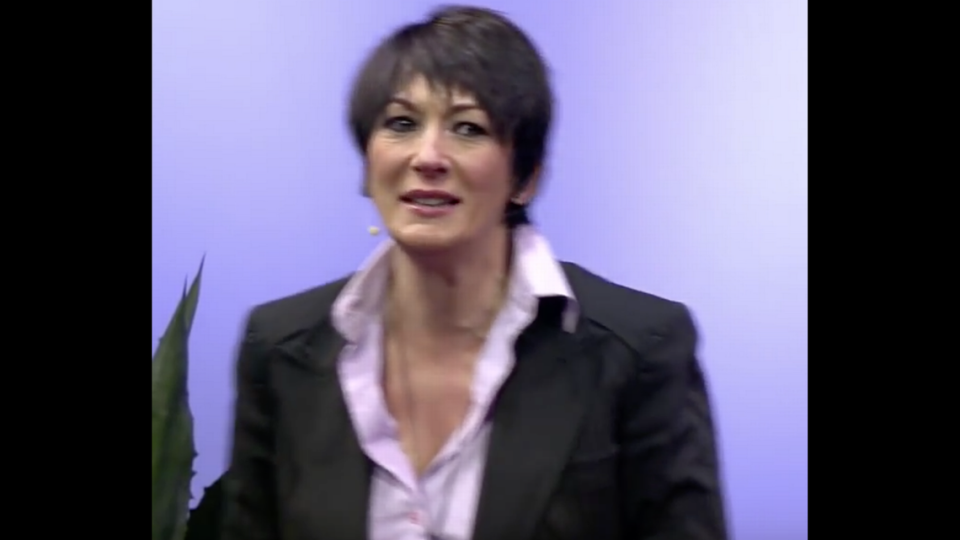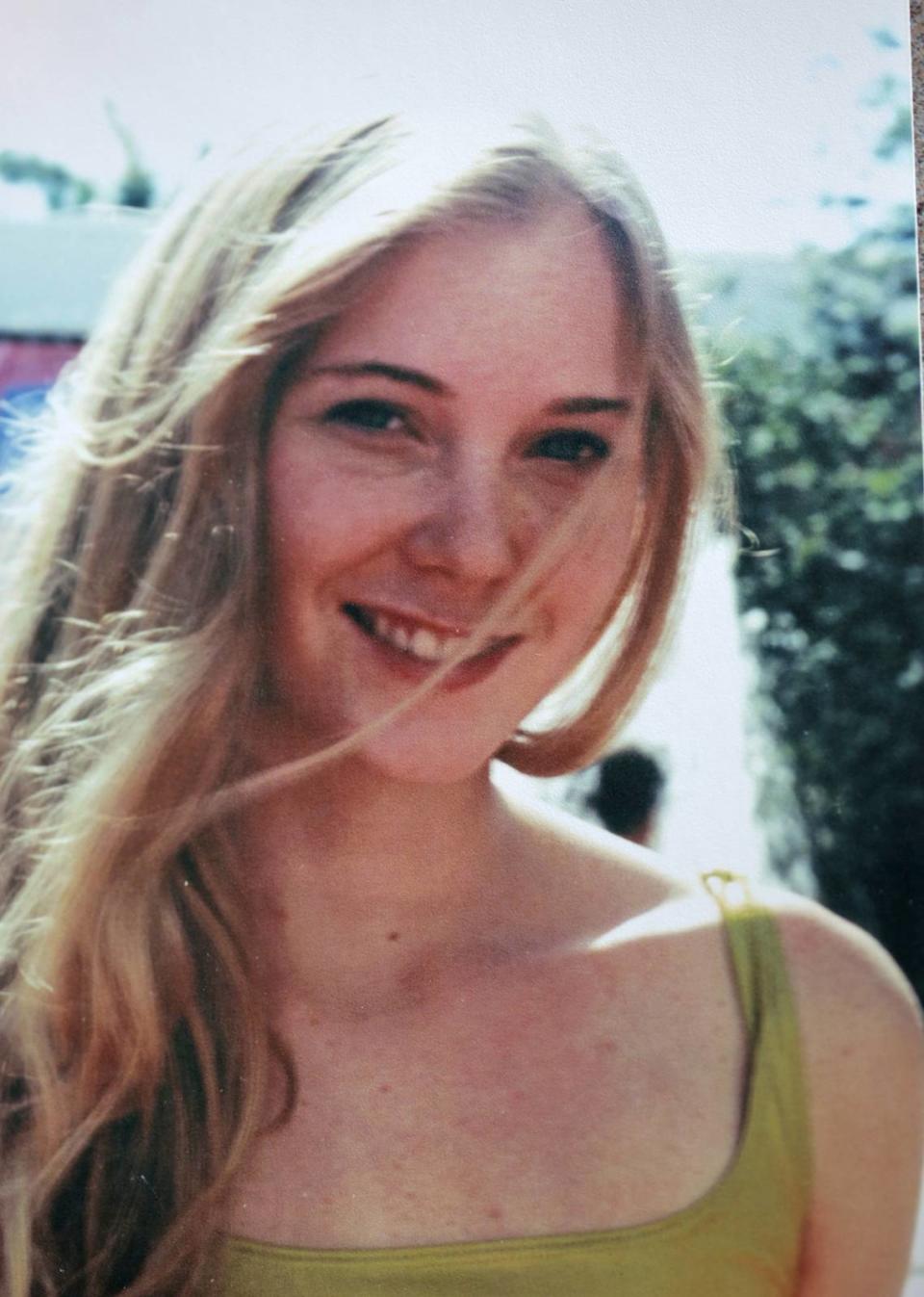Ghislaine Maxwell wins fight to keep her deposition under wraps — at least for now
Ghislaine Maxwell’s controversial deposition from a 2015 lawsuit will remain sealed until at least late September after a federal appeals court agreed late Friday to hear a request to block the release of the deposition by the accused sex trafficker and alleged madam to disgraced financier Jeffrey Epstein.
The action by the U.S. Circuit Court of Appeals for the Second Circuit effectively stops the release, scheduled for Monday, of a deposition given by Maxwell, and another one she wants blocked involving a mysterious person known only as J. Doe 1.
Maxwell’s appeal will be heard Sept. 22.
The release of the documents stems from a pleading by the Miami Herald on behalf of its investigative reporter Julie K. Brown, whose Perversion of Justice series in November 2018 spotlighted how Epstein escaped justice in 2008 despite overwhelming evidence that he had sexually abused women and underage girls.
Lawyers for the Herald filed a motion Friday opposing any further delay on the document release.
“The District Court made specific, well-reasoned findings on the record, determining that Ms. Maxwell’s deposition testimony, among other judicial records, should be unsealed,” argued Christine N. Walz, with Holland & Knight. “To overturn the District Court’s ruling, Ms. Maxwell will need to show that the court abused its discretion. She cannot do so.”
U.S. District Judge Loretta Preska this week ordered the unsealing and release of dozens of documents from a now-settled defamation suit involving Virginia Giuffre, who claims Maxwell brought her and other underage girls to Epstein, who sexually abused them and trafficked them to powerful men. Preska chided Maxwell’s lawyers for delays, and shot down two attempts Thursday to slow the release of all documents, which then began trickling out late Thursday night.
Now in federal detention in Brooklyn after her July 2 arrest on federal charges, Maxwell appealed the unsealing of a deposition she gave in the 2015 defamation suit because it is the basis for the perjury charges brought against her in the Southern District of New York. Her lawyers argued before Preska, without presenting proof, that lawyers for Giuffre improperly shared the deposition with federal prosecutors.
The broad outlines of the deposition are known. Maxwell is said to have been obstructive, refusing to answer questions about the sexual habits of Epstein or her own personal life. In the transcript of a deposition of Giuffre released Thursday night, the Epstein accuser said under oath that Maxwell lured her from a job at now-President Donald Trump’s Mar-a-Lago club to become a masseuse for Epstein. Giuffre alleged Maxwell groomed her and others to be sexual playthings for Epstein and friends.
Maxwell was charged earlier this months with four counts of sex trafficking of a minor for crimes alleged to have occurred between 1994 and 1997 as well as two counts of perjury related to statements she made in the deposition.

Her lawyers in the civil suit suggested that the deposition had been released to the government by Giuffre’s lawyers in violation of a protective order barring its release to law enforcement, suggesting that Maxwell’s lawyers might try to challenge the perjury charges she faces in the criminal case.
Giuffre’s lawyers rejected the accusation as “completely and utterly false” in a filing Friday.
“Maxwell’s counsel made no effort to contact us before making these serious charges; nor, as we understand it, did they make any effort to check with the Government,” Giuffre’s lawyers wrote.
While Maxwell was successful in at least temporarily blocking the release of the disputed depositions Friday, her legal team in the criminal case was rebuffed earlier Friday in its attempts to negotiate a protective order that would allow them to publicly identify in filings alleged victims of Epstein and Maxwell who were not party to the criminal case if those alleged victims had come forward publicly.

“Deciding to participate in or contribute to a criminal investigation or prosecution is a far different matter than simply making a public statement ‘relating to’ Ms. Maxwell or Jeffrey Epstein,” U.S. District Judge Alison J. Nathan wrote in denying the request, along with denying a request for greater restrictions on the use of discovery materials by the government and witnesses.
In another development late Friday, the Epstein estate released its third-quarter accounting report, from April 1 to June 30. The document reveals how lawyers are receiving large payments from the estate. One firm — Hughes, Hubbard & Reed — received more than $1 million in the three-month period. Troutman Sanders LLP received almost $800,000 in the period. U.S. Virgin Islands-based Kellerhals Ferguson Kroblin PLLC received more than $312,000.
The report highlighted two payments into the newly created Epstein victims compensation fund, together worth more than $2.8 million.
The report also shows that Epstein sold for almost $1.1 million a Bell helicopter that was allegedly used by Maxwell, who had a helicopter pilot’s license, to bring young girls to Epstein’s Little St. James island.

